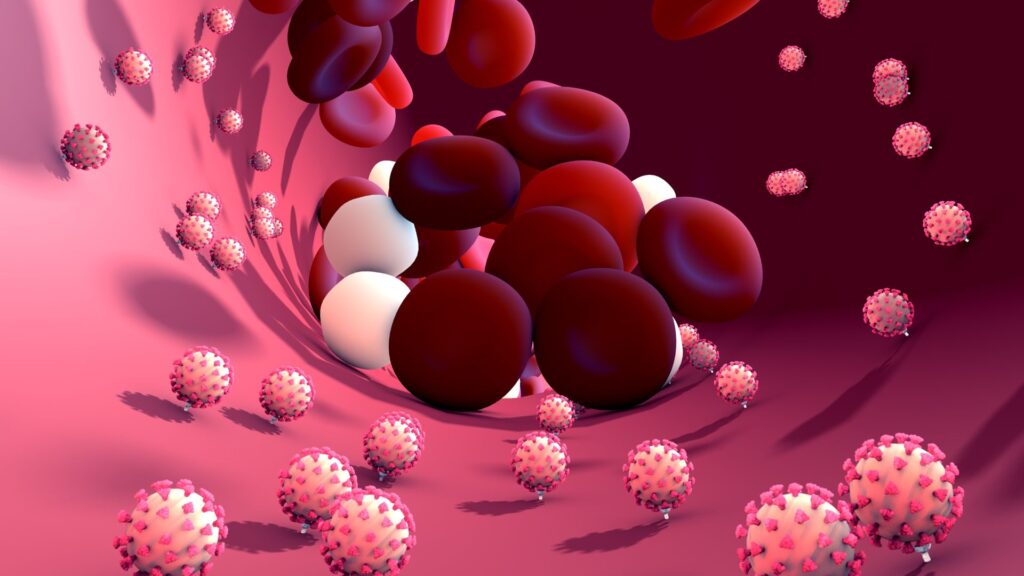
Prioritize Vascular Health and You Have Half-Won the Battle
As the center of your circulatory system, your heart is responsible for distributing blood to the rest of your body’s tissues and organs. If you think of your heart as a house, it has walls, spaces, chambers, doors, pipes, and outlets. All of these parts collaborate with one another and with other bodily systems to regulate your heart rhythm and blood pressure. Perhaps you know that one of the outcomes of malfunctioning of these components is fatal heart attacks.
How well your heart performs is determined by factors such as your genetic make-up, existing health, and way of life. Clogged arteries or valves are the most common causes of heart disease. As per the Sirwiss network of heart specialists we are now able to help reverse clogged arteries through diet, exercise, and stress management. Making lifestyle modifications and using medications as directed may also help to minimize plaque development.
Continue reading to learn how to reduce artery blockage with some ordinary foods and how eating specific foods may help prevent clogged arteries and lower your risk of heart disease.
Atherosclerosis

Our blood vessels are inherently elastic and flexible, and this quality is essential for regulating our blood pressure. However, this elasticity can be lost when fats and low-density lipoprotein (LDL) (also known as “bad” cholesterol) collect in our blood vessels and produce plaque. The collected plaque can harden and obstruct our arteries. Blood flow through our arteries is reduced due to the constriction and thickening of blood vessels. This condition, known as atherosclerosis, can also lead to cardiovascular conditions.
Especially, the constriction or obstruction of the arteries may result in a blockage that leads to myocardial infarction, also known as a heart attack, or even a stroke.
How Arteries Can Become Clogged

Atherosclerosis is considered as a key underlying cause of heart disease, especially coronary artery disease, the most common type of heart disease in the United States. Atherosclerosis is the underlying cause of around 50% of deaths in Western countries. It is a chronic inflammatory illness with multiple risk factors.
You are more prone to get atherosclerosis if you:
- Have high LDL (bad) cholesterol
- Have high blood pressure
- Smoke cigarettes
- Have diabetes
- Have A family history of atherosclerosis
- Have obesity
- Consume A poor diet
- Engage in A sedentary lifestyle
A diet abundant in vegetables, fruits, and fish, on the other hand, has been shown to reduce the risk of atherosclerosis and cardiovascular disease.
Here are some nutrients that may prevent arterial blockages.
1. Garlic
Garlic has long been recognized for its health-promoting properties. Indeed, it has been a human medicinal asset for centuries. According to a study, garlic can reduce blood pressure and cholesterol levels. This is beneficial because it is a food that cleans arteries and reduces our risk of hypertension or high blood pressure, which can contribute to clogged arteries. It has also been demonstrated that garlic improves C-reactive protein (CRP) and coronary artery calcium (CAC) levels (6). CRP is linked to inflammation within the human body. CAC is related to the amount of arterial plaque accumulation. This suggests that garlic may reduce our risk of atherosclerosis. This recipe for silken tofu scramble is an excellent method to begin incorporating garlic.
2. Turmeric
The rhizome plant is the source of turmeric powder. Curcumin, the primary compound responsible for turmeric’s anti-clogging properties, is present in high concentrations in turmeric. Curcumin can reduce inflammation in the body and prevent the oxidation of LDL cholesterol, both of which are crucial atherosclerosis-related processes. You can sprinkle turmeric on your scrambled eggs, omelet, or smoothie for breakfast.
3. Ginger

Ginger is a condiment that is cultivated in South Asian nations such as India and is frequently employed in traditional medicine. Ginger has demonstrated the ability to reduce inflammation and platelet aggregation, and it may also possess antioxidant properties. Because it is simple and straightforward to prepare, ginger tea is a popular choice. Ginger tea can be made by simply slicing ginger and simmering it in water.
6. Cinnamon
Cinnamon, native to Sri Lanka and India, is most famous for its heart-healthy benefits! Cinnamon can help manage sugar levels and blood pressure. It thereby may lower the risk for diabetes and hypertension, which are conditions that can increase your risk for clogged arteries. There is also research showing that cinnamon can directly prevent atherosclerosis as it has the potential to lower platelet aggregation and better manage cholesterol levels in your blood.
5. Lentils
Lentils belong to the family of pulses, which also includes legumes such as chickpeas. Lentils are rich in protein, fiber, and numerous vitamins and minerals, including potassium and magnesium. Potassium and magnesium are recommended minerals on the DASH diet. They have been shown to reduce blood pressure and maintain our arteries clean and healthy.
6. Onions
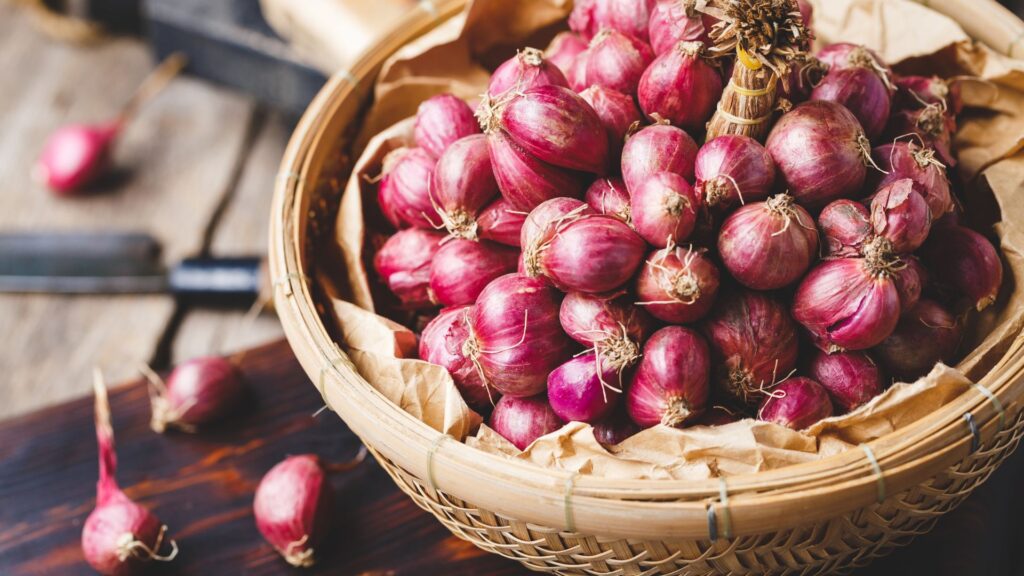
Onions contain the antioxidant quercetin, which can reduce LDL oxidation and function as an anti-inflammatory agent. Other studies have also demonstrated that scallions can reduce blood pressure and the risk of hypertension. Onions can be utilized in a vast array of dishes.
7. Spinach
Spinach is yet another heart-healthy green leafy vegetable. Vitamins A and C, as well as minerals including iron and magnesium, are abundant in spinach. According to studies, spinach can help the body produce nitric oxide, which helps open and unclog arteries. Even spinach has been shown to reduce blood pressure. Spinach can be consumed raw, as it can be added to salads and smoothies.
8. Promagranate
Let’s not overlook pomegranates. These bright red fruits contain punicalagin, which functions as an antioxidant. It has been demonstrated that the fruit prevents oxidative stress and inflammation in our arteries. Pomegranate seeds can be incorporated into a variety of dishes and snacks. The seeds can be added to salads, smoothies, yogurt, and oatmeal. If you desire to store the seeds for a longer period of time, try freezing them.
9. Avocado
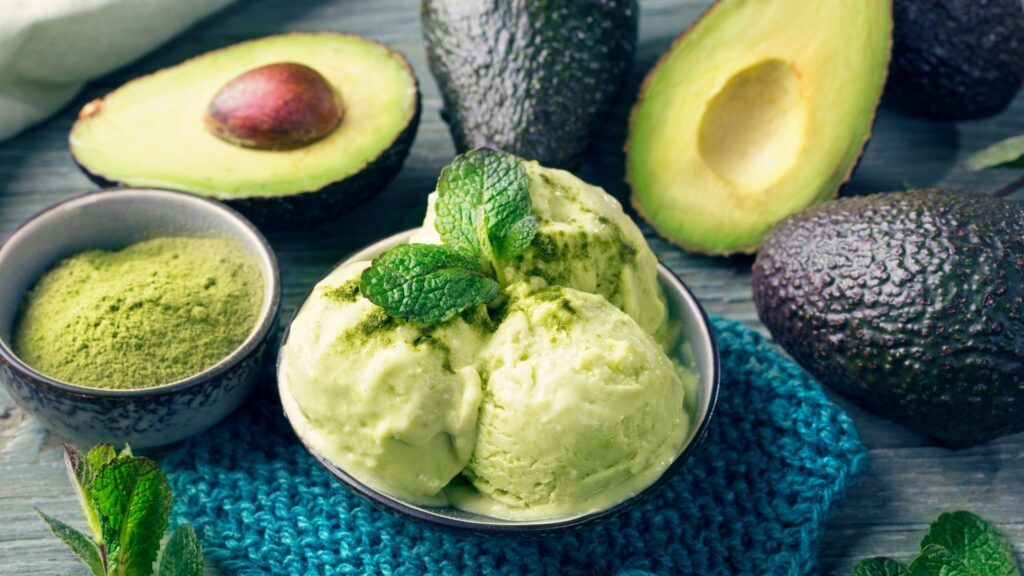
Potassium, magnesium, and soluble fiber are nutrients associated with cardiovascular health benefits, and avocados are rich in these nutrients. Avocados have been shown to raise HDL cholesterol levels, decrease inflammation, and regulate blood pressure.
10. Cranberries
Cranberries are an excellent source of antioxidants, especially anthocyanins. Anthocyanins are the pigments responsible for the crimson hue of cranberries and other fruits, such as blueberries. Anthocyanins assist in combating free radicals and preventing the oxidation of LDL in the arteries. Cranberries can be eaten fresh and whole, as well as in smoothies, sandwiches, wraps, and oatmeal.
11. Soy Milk
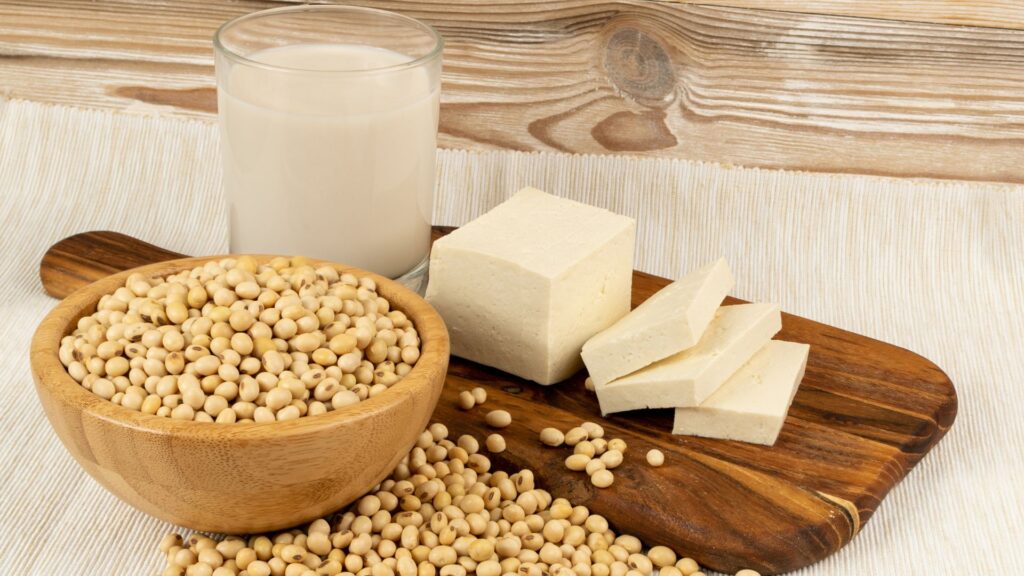
Soy protein, which is found in soy milk, has been shown to reduce LDL cholesterol levels in adults by 3 to 4 percent, which is a substantial reduction. Isoflavones, which are antioxidants, are present in both tofu and soy milk. It has been demonstrated that isoflavones reduce the risk of developing atherosclerosis.
12. Green Tea
Green tea is a popular antioxidant-rich beverage that has the ability to boost the health of our arteries. According to one study, green tea can help prevent the development of atherosclerosis by lowering inflammation and improving cholesterol levels.
13. Salmon
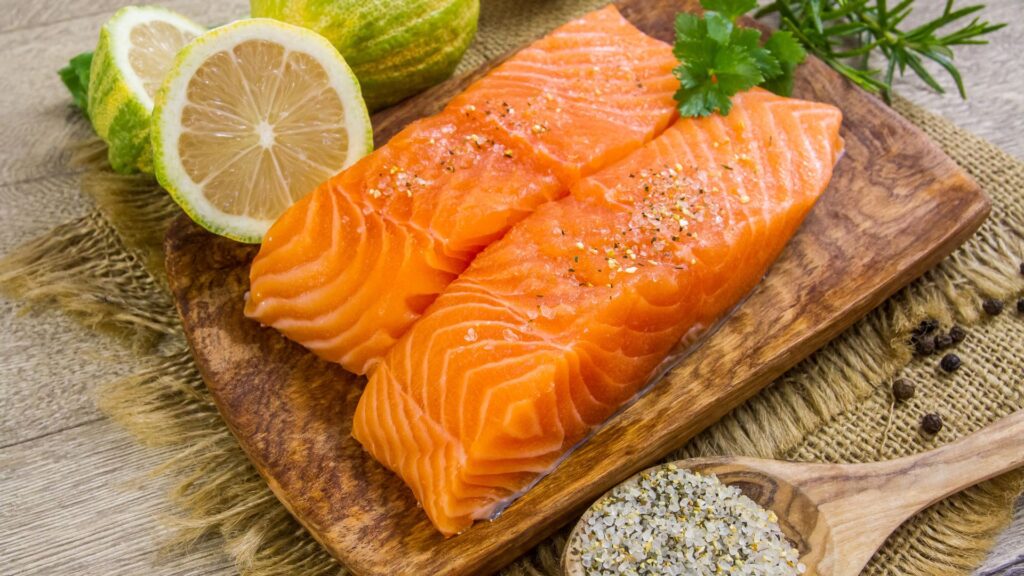
Because of its high fatty content, salmon is a highly recommended food for enhancing heart health. Atlantic salmon has a high omega-3 fatty acid content while being low in mercury. To maintain heart health, it is recommended to consume at least two servings of fish per week, which delivers around 500 mg of EPA and DHA. Salmon can be prepared in a variety of ways, including frying, baking, and grilling.
14. Sardines
Sardines are another fatty fish that is high in PUFA, such as Omega 3s, and minerals such as potassium. Potassium is an important nutrient in the DASH diet. It helps to reduce stress in your blood vessel walls, which reduces blood pressure and minimizes your chance of clogged arteries. Sardines can be eaten straight from the can or added to salads or sandwiches.
15. Mackerel
Another fatty seafood that is good for your arteries is mackerel. It contains 115 g of Atlantic salmon, which is high in omega 3 fatty acids. Mackerel contains 1 g of EPA and 2 g of DHA per serving. Because of its high fatty content, it might be one of your seafood options for meeting the necessary 1-2 servings per week. Mackerel, like the other fish mentioned, can be used in similar ways.
A nutritious diet may help minimize your chances of having clogged arteries. Adding cruciferous vegetables, salmon, berries, olive oil, oats, onions, greens, and beans to your diet may be an effective strategy to avoid atherosclerosis. All of the meals mentioned above have numerous further advantages. Including them in your regular routine may greatly reduce your risk of disease and improve your general health.